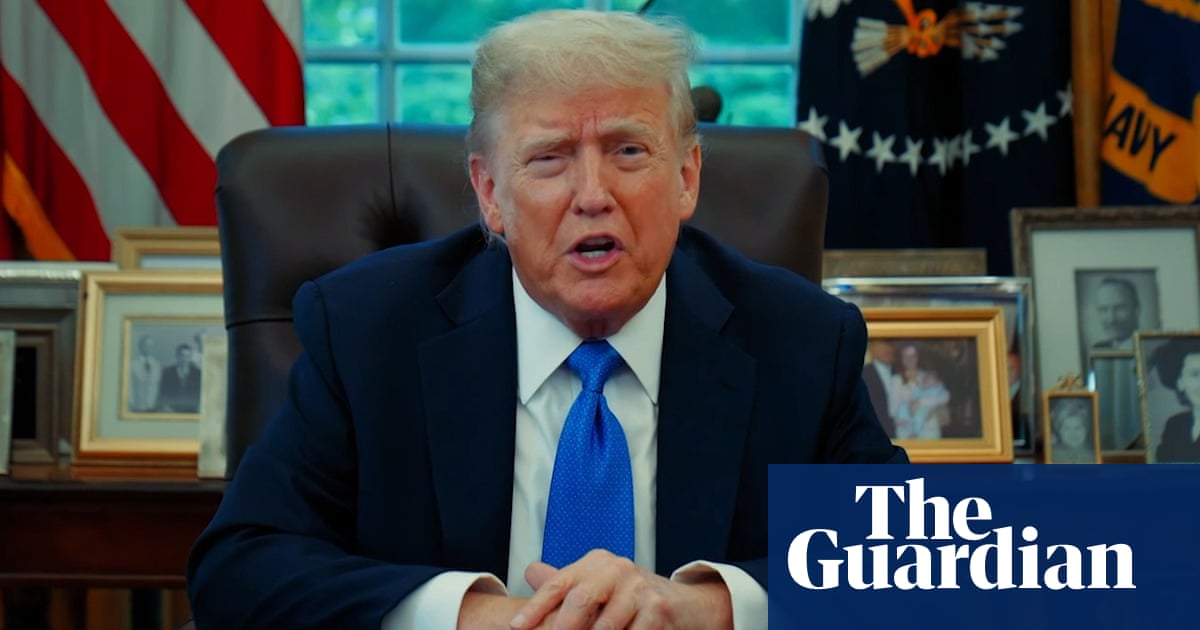The recent announcement of a travel ban by Donald Trump has significant implications for individuals from the affected countries. This policy not only raises concerns about national security but also highlights the complexities of immigration and international relations. The proclamation specifically mentions 12 countries facing a "full" travel ban and 7 others with partial restrictions, creating uncertainty for many individuals and families.
Impact on Affected Individuals and Communities
The article invites feedback from those who may be directly impacted by the travel ban. This call for personal stories suggests an aim to amplify voices often marginalized in policy discussions. Individuals from the affected countries may face challenges related to employment, family separation, and disrupted travel plans. The emotional toll and practical consequences of these restrictions could foster a sense of injustice and resentment among those affected.
Perceived Intentions Behind the Ban
Trump's rationale for the travel ban is rooted in national security and visa overstays. However, critics argue that these reasons can be seen as discriminatory and xenophobic. The announcement may be designed to reinforce a narrative of safety and control, appealing to a segment of the population that prioritizes stringent immigration policies. This framing can create a division between those who feel threatened by immigration and those who advocate for more open policies.
Media Manipulation and Public Perception
The structure of the article, including its emphasis on personal testimonials, suggests an intention to elicit emotional responses from readers. By inviting stories from individuals in affected countries, the media outlet may be attempting to humanize the consequences of the travel ban, countering the often depersonalized rhetoric associated with immigration policies. This method can be interpreted as an effort to shift public perception and encourage empathy toward those affected.
Broader Societal and Economic Implications
The announcement could have far-reaching consequences for various sectors, including travel, education, and international business. Industries reliant on foreign talent may experience disruptions, and families divided by borders may face increased challenges. The economic implications could extend to stock markets, particularly in sectors that depend on international customers or employees.
Community Support and Political Backing
The travel ban may resonate more with certain demographics, particularly those who feel a heightened need for security or who support stricter immigration controls. Conversely, it may alienate communities advocating for immigrant rights and humanitarian considerations. The article's approach to soliciting personal accounts may also serve to galvanize opposition against the ban.
Global Relations and Current Events
This travel ban intersects with larger discussions about global power dynamics and immigration trends. As international relations become more strained, policies like this could exacerbate tensions and influence diplomatic relations between the U.S. and the affected countries. The timing of such announcements often correlates with broader political agendas and societal attitudes toward immigration.
Use of Artificial Intelligence
While the article does not explicitly indicate the use of artificial intelligence in its composition, the tone and structure suggest a strategic approach to gathering public sentiment. AI tools might be employed in analyzing social media reactions or understanding public opinion trends, potentially informing how such stories are presented to the audience.
The combination of emotional appeal, public engagement, and the socio-political context makes this announcement a significant topic of discussion. The reliability of the article largely depends on the integrity of the voices it seeks to amplify and the transparency surrounding the motivations behind the travel ban.
